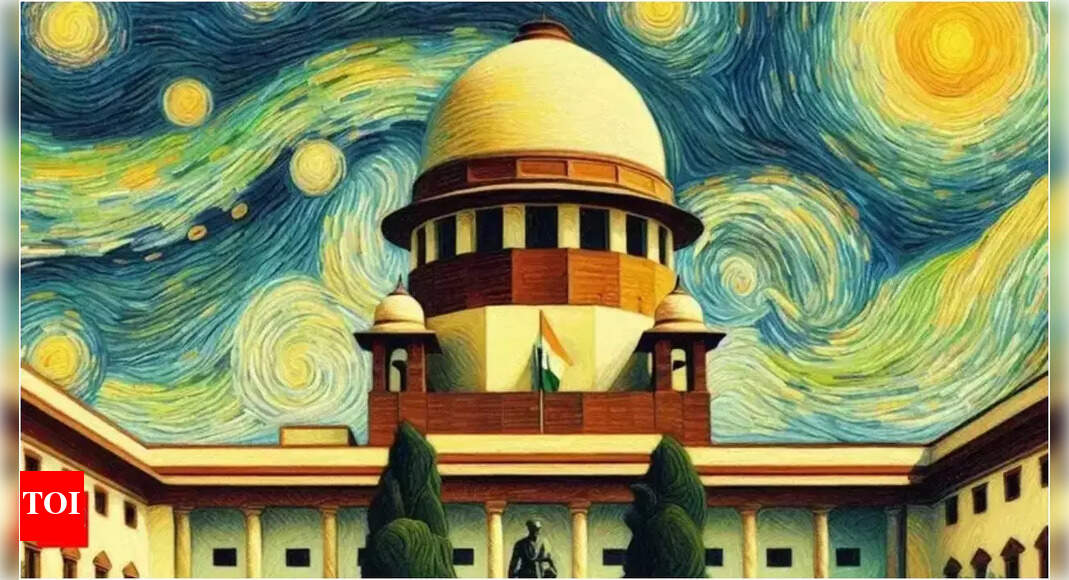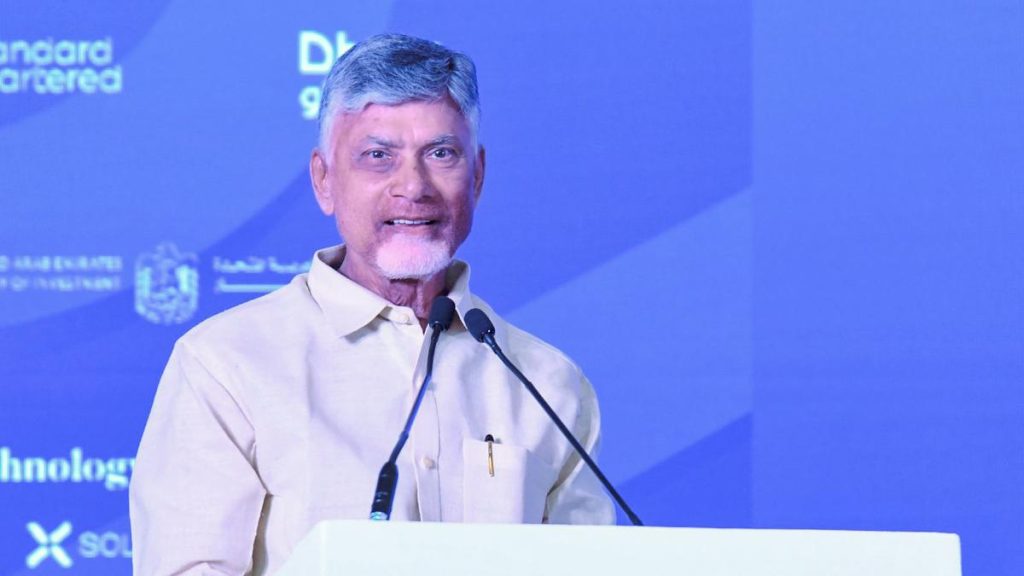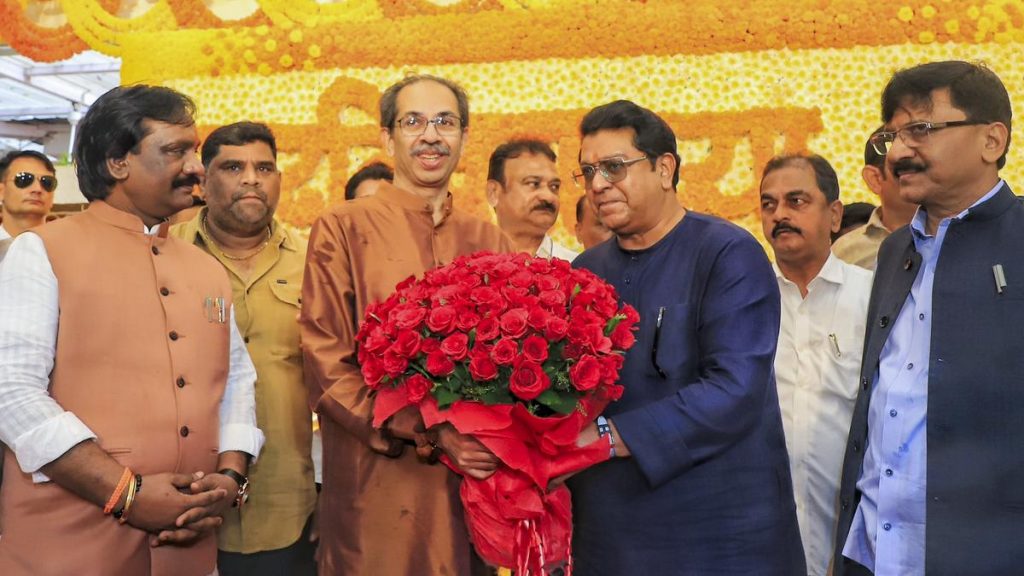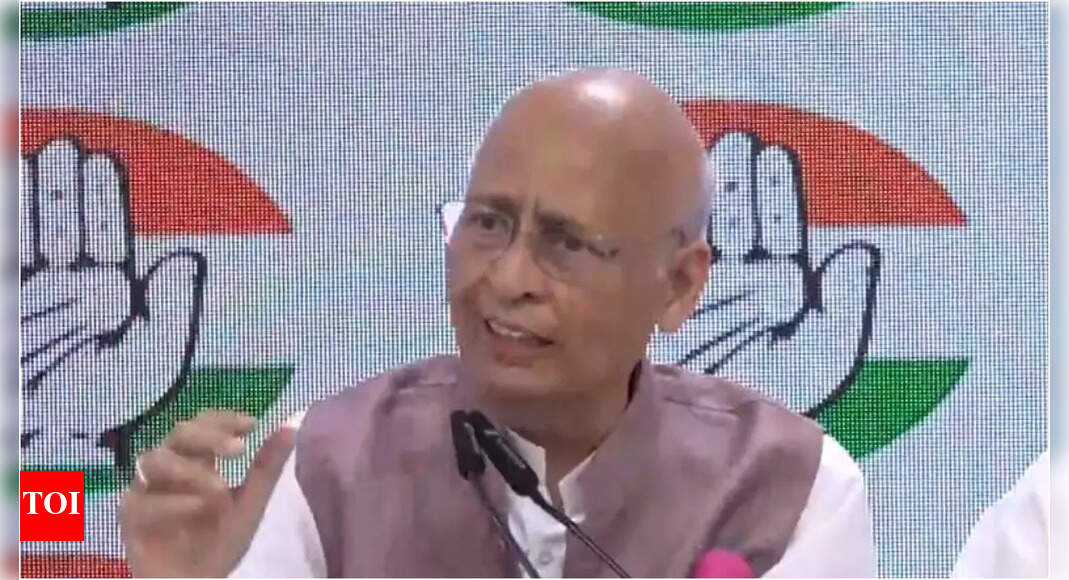Now Reading: SC Seeks Centre’s Stand on Muslim Adoption of Secular Inheritance Laws
-
01
SC Seeks Centre’s Stand on Muslim Adoption of Secular Inheritance Laws
SC Seeks Centre’s Stand on Muslim Adoption of Secular Inheritance Laws

Quick Summary
- A Muslim woman, NGO Khuran Sunnath Society, and advocate Naushad KK have approached the Supreme Court (SC), seeking to opt out of inheritance provisions under Sharia law.
- They argue that the inheritance provisions under Sharia law are discriminatory toward women and infringe upon basic rights guaranteed under the Indian Constitution.
- The petitioners have requested permission to follow the secular Indian Succession Act (1925) for both intestate and testamentary succession.
- Kerala-based Khuran Sunnath Society first filed a petition on this subject roughly ten years ago; similar petitions, including one by Safiya PM in 2024, remain undecided.
- Advocate Naushad KK has now submitted a fresh PIL asking whether religious mandates can be constitutionally enforced by the state if individuals choose secular laws without renouncing their religious identity.
- A Supreme Court bench led by CJI Sanjiv Khanna and Justice Sanjay Kumar heard arguments from naushad and Safiya’s counsel on Thursday.The SC issued notices to the Central government and Kerala government to respond.
Indian Opinion Analysis
This set of petitions highlights a critical debate surrounding gender equality within personal laws governed by religion in India.Petitioners point out that inheritance rules under Sharia law disproportionately favor Muslim men over women-a practice they deem unconstitutional given India’s guarantees of equal rights for all citizens irrespective of gender or faith. Advocates also raise questions about balancing individual autonomy with communal personal laws.
The case draws attention to broader issues regarding freedom of choice within India’s pluralistic legal framework-whether individuals should be allowed to opt for secular laws like the Indian Succession Act, even while retaining their religious identities. This could set an vital precedent about limitations in enforcing conventional practices upon unwilling participants.
With notices issued to both central and state governments, this legal battle-even as it remains unresolved-offers an prospect for courts to weigh intersectional priorities between constitutional rights, societal traditions, gender justice, and religious freedom in India’s evolving jurisprudence.Whatever outcome emerges may significantly shape India’s approach toward accommodating diversity within unified constitutional guarantees.

























